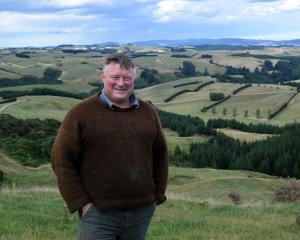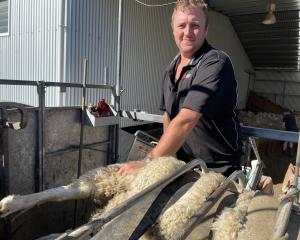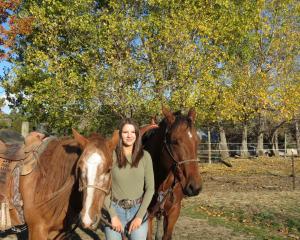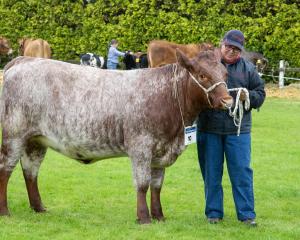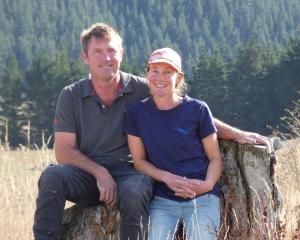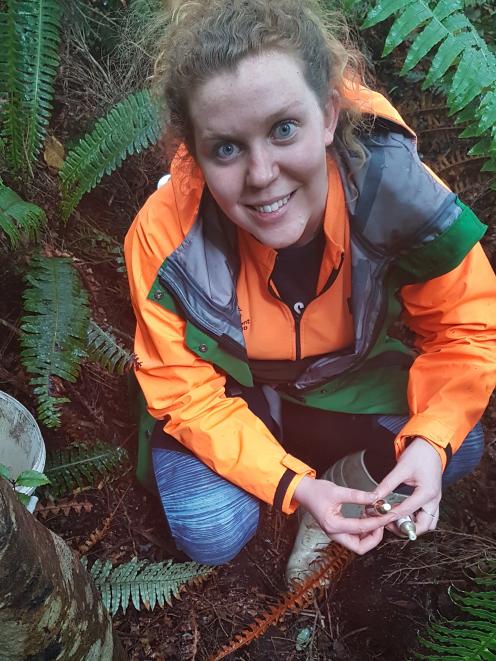
Q Background?
I came over from Australia to study environmental management and started at Environment Southland three years ago.
I was in the compliance team initially and then became a biosecurity summer student before getting my current job.
Q Job description?
Biosecurity officer - pest plants.
Q How long have you been in the position?
One year.
Q What does the job involve?
I work around Southland either controlling pest species or giving advice to landowners.
We target weeds in Southland before they spread and cause larger issues.
Work is done on all types of land, whether it be a backyard, riverbank or in the middle of the bush.
Over the summer we hire summer students to help with pest control, monitoring and biodiversity work around Southland.
I love this aspect of the job because I enjoy watching what makes the students excited and giving them some experience so they can one day get the jobs they want.
I also get to help the rest of the team with rodent monitoring, helicopter surveys and resetting traps (as pictured).
Q What qualifications, experience and knowledge are required?
A qualification in the environmental/science field is required, along with some knowledge about plants. However, you can learn most of this on the job.
You do need to be confident being in the bush alone and using herbicides, navigating via GPS and driving manual vehicles.
Having a certified handler's certificate (herbicide course) can help, but most workplaces will put you through training.
And finally, being a team player is the most important bit.
Q Why do you like the job and what have been the highlights?
I love the job because it gets me outdoors a lot during summer, talking to people about biosecurity.
Some highlights are the work we do on Stewart Island, going to conferences and training around New Zealand, having a job with wide variety, and working with a great team.
Q Are there any drawbacks?
I love to be outdoors and getting the work done.
However, due to many plants not growing over the winter season, I find myself indoors for the majority of winter.
This gives me time to catch up on paperwork and plan out my next season, but being outdoors is much more enjoyable.
Q What advice would you give to a school pupil considering entering the industry for a similar job?
Go and study something like environmental management at university and volunteer some of your free time to planting days, clean-ups etc.
This will help get you seen by people in the industry and show that you are a keen and hard worker.
And definitely apply to be a summer student, as this will give you an idea of the role and help you decide if it's something you would want to do full-time.
Q What is a little-known fact about the job that you would like to share?
We do a lot more than plant control in the job.
We enhance our native species, monitor flora and fauna and (probably my favourite of all) work with community groups.
Our work with community groups changes quite a lot depending on what they need help with.
It's nice to see so many individuals who are keen to help protect our environment.
Q What is the pay scale?
The initial salary offer is in the range of $62,560 to $69,920, depending on experience.


